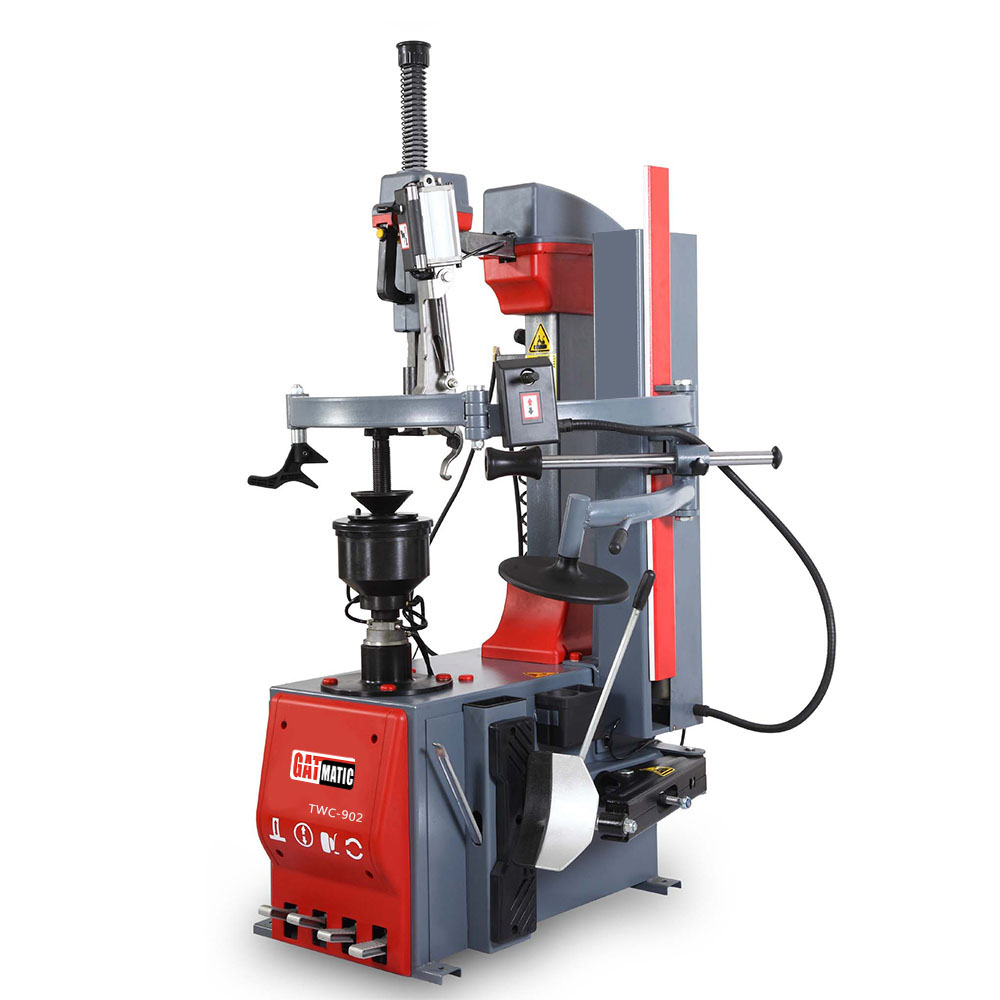How Often Should You Change Your Vehicle Tires and Use a Changer?
Driving enthusiasts and car owners, are you wondering how often should you change your vehicle tires and use a changer? Your vehicle’s tires are like the shoes of your car – they keep you grounded and safe on the road. But just like shoes, they wear out, affecting your vehicle’s performance, safety, and comfort.
This article dives into the pivotal question of tire maintenance, delving into the intervals for changing tires and the role of tire changers in maintaining peak tire health. Whether you’re an automobile aficionado, a road-trip enthusiast, or merely someone concerned about road safety and vehicle longevity, understanding when and how to change your tires and utilize a tire changer is crucial.
So, let’s roll into the details and debunk the myths surrounding this key aspect of car care!
I. The Importance of Changing Your Vehicle Tires
Tires play a fundamental role in the overall performance and safety of your vehicle. Regularly changing your tires and using a tire changer at the right intervals is crucial for:
1. Safety First
- Traction: Worn-out tires reduce your vehicle’s grip on the road, increasing the risk of accidents, especially in adverse weather conditions.
- Handling: Fresh tires provide better handling, ensuring your vehicle responds accurately to steering inputs, crucial for emergency maneuvers.
- Braking: Newer tires improve braking performance, reducing stopping distances and potential accidents.
2. Enhanced Performance
- Fuel Efficiency: Worn-out tires increase rolling resistance, impacting fuel efficiency. New tires, especially those with advanced compounds, can help save on fuel costs.
- Smooth Ride: Fresh tires contribute to a smoother and more comfortable driving experience, reducing vibrations and noise.
3. Longevity
- Preventing Damage: Regular tire changes help prevent wear and tear on other vehicle components, such as the suspension, as tires in poor condition may cause additional stress.
- Even Wear: Regular changes prevent uneven wear, extending the life of your tires and avoiding premature replacements.
II. How Often Should You Change Your Vehicle Tires?
The frequency of tire changes depends on various factors, including driving habits, road conditions, and the type of tires on your vehicle. Here’s a guideline to help determine when to change your tires:
1. Mileage Milestones
- Typical Guidelines: On average, tires are recommended to be changed every 25,000 to 50,000 miles. High-performance tires might need more frequent changes due to their softer compounds.
- Check Your Owner’s Manual: Manufacturers often provide recommended intervals for changing tires. These can serve as a good starting point for your specific vehicle.
2. Visual and Tread Wear
- Tread Depth: The legal minimum tread depth is around 2/32 of an inch. Consider changing tires if the tread depth approaches this level.
- Uneven Wear: If you notice uneven wear patterns, it might indicate misalignment or other issues, warranting a tire change.
3. Age of the Tires
- Time-Based Changes: Even if your tires have sufficient tread, aging tires, usually over 6-10 years, might require replacement due to rubber degradation.
III. The Role of a Tire Changer
Tire changers are a valuable tool in maintaining and replacing tires. They help streamline the process and offer several benefits:
1. Convenience and Cost-Efficiency
- DIY Tire Changes: With a tire changer, you can change your tires at your convenience, saving trips to the mechanic and associated costs.
- Time-Saving: It speeds up the process, making tire changes quicker and more efficient.
2. Preserving Wheel and Tire Integrity
- Minimized Risk: Proper use of a tire changer reduces the risk of damaging the tire or wheel rim during replacement.
- Precision: It ensures a more precise and secure fit, contributing to better safety and performance on the road.
Conclusion
The question, “How often should you change your vehicle tires and use a changer?” is crucial for ensuring your safety and the optimal performance of your vehicle. Regular tire changes, based on mileage, visual inspection, and tire age, are paramount for maintaining safety, performance, and longevity.
Moreover, incorporating a tire changer into your maintenance routine can significantly streamline the process and ensure a precise fit, contributing to better handling, comfort, and safety.
Remember, when it comes to tires, staying proactive is key. Prioritize regular checks and changes, and consider investing in a quality tire changer for a seamless tire replacement experience. It’s your ride – keep it safe, smooth, and rolling with fresh, well-maintained tires!
FAQs
1: Can I change one tire or do I need to replace all four at once?
It’s recommended to replace all tires simultaneously to maintain even traction and handling, ensuring balanced performance across all wheels.
2: Should I opt for seasonal tires?
Seasonal tires, like winter or summer tires, cater to specific weather conditions, enhancing safety and performance during those periods.
3: How do I choose the right tire changer for my needs?
Consider factors such as tire size, frequency of use, and ease of operation when selecting a tire changer. Consult reviews and seek recommendations for the best fit.
4: Can I change tires on my own, or is it better to seek professional help?
While it’s possible to change tires independently, it’s crucial to follow proper guidelines and safety precautions. If unsure, seeking professional assistance is advisable.
Describe Your Needs In Detail!
We will carefully evaluate your needs and give professional solutions.



